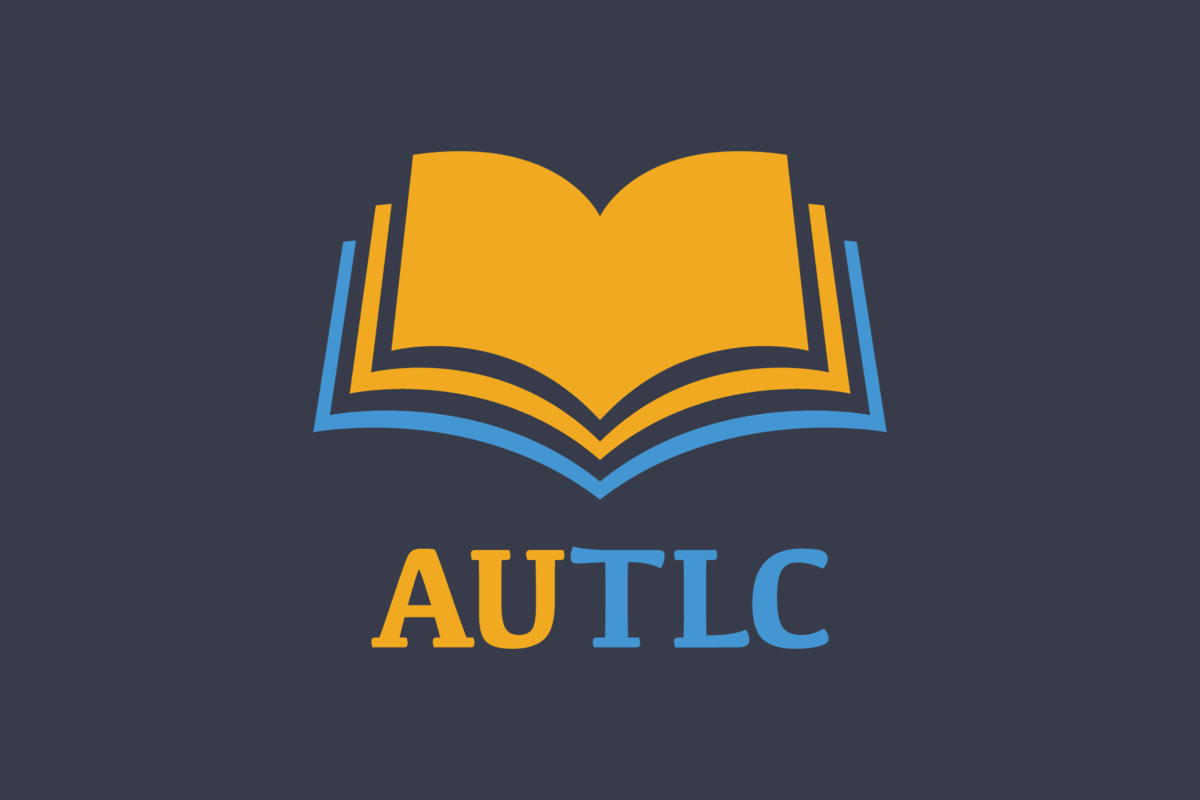Reaching to Educate All Children for Heaven (REACH), Inclusive Education in Adventist Schools
Location
Bell Hall 013
Start Date
29-3-2016 4:00 PM
End Date
29-3-2016 4:50 PM
Proposal for Presentation
Abstract
The Reaching to Educate All Children for Heaven (REACH) program is an inclusive education program that was developed specifically for Adventist schools by Adventist educators in 2007. The program was originally presented to teachers in conferences across the North American Division, but due to lack of accountability, the program is not being utilized to its full potential. General education classroom teachers across the North American Division are concerned with the lack of training and resources that limit their ministry. The REACH model provides teachers with resources, training, and on-going support. This program, when used thoroughly, can help educators can make a difference in the lives of students with learning differences. This action plan seeks to raise awareness about this program for Adventist educators as well as develop leadership roles that will be responsible for training, implementation, and accountability.
There is a steady increase of students with exceptional abilities who yearn to experience an Adventist education. Adventist educators need to equip themselves to meet the needs of all students in order to minister to them in a Christian environment. Although several Adventist educators have had experience teaching children with minimally visible challenges, they are most likely uncomfortable with the prospect of teaching students who may be considered to have moderate challenges. The success of this program depends primarily upon two necessary attributes: a passionate belief in the value of every human being and basic problem-solving skills. The REACH program is a tool that can be used to provide teachers with the problem-solving skills for the success of their students with special learning needs.
Reaching to Educate All Children for Heaven (REACH), Inclusive Education in Adventist Schools
Bell Hall 013
Abstract
The Reaching to Educate All Children for Heaven (REACH) program is an inclusive education program that was developed specifically for Adventist schools by Adventist educators in 2007. The program was originally presented to teachers in conferences across the North American Division, but due to lack of accountability, the program is not being utilized to its full potential. General education classroom teachers across the North American Division are concerned with the lack of training and resources that limit their ministry. The REACH model provides teachers with resources, training, and on-going support. This program, when used thoroughly, can help educators can make a difference in the lives of students with learning differences. This action plan seeks to raise awareness about this program for Adventist educators as well as develop leadership roles that will be responsible for training, implementation, and accountability.
There is a steady increase of students with exceptional abilities who yearn to experience an Adventist education. Adventist educators need to equip themselves to meet the needs of all students in order to minister to them in a Christian environment. Although several Adventist educators have had experience teaching children with minimally visible challenges, they are most likely uncomfortable with the prospect of teaching students who may be considered to have moderate challenges. The success of this program depends primarily upon two necessary attributes: a passionate belief in the value of every human being and basic problem-solving skills. The REACH program is a tool that can be used to provide teachers with the problem-solving skills for the success of their students with special learning needs.




Acknowledgments
http://reach.adventisteducation.org/